During a debate in the House of Lords, peers challenged ministers over the pace of reform, the lack of opportunities for SMEs and the continuing use of overseas suppliers for core equipment.
The discussion quickly broadened into a wider examination of how the MoD intends to rebuild industrial capacity, shorten acquisition timelines and align procurement culture with the government’s stated ambition for war readiness.
Ministers were pressed on whether current processes can deliver equipment at the speed required by today’s threats and whether domestic industry is being positioned to contribute meaningfully to that effort.
Lord Coaker argued that the cultural problem sits inside the department itself. He told peers that the MoD has hired a new National Armaments Director and is pushing reforms, but then posed the question back to the House: “why is it that in wartime we have an urgent operational requirement that cuts through bureaucracy and red tape… We need to ensure that that sort of attitude and culture operate in peacetime.â€
That set the frame for a string of interventions about the barriers manufacturers face. Lord Cromwell said SMEs are routinely blocked by the time it takes to get contracts over the line. He contrasted this with his efforts to link UK firms to Ukrainian developers producing rapidly iterated wearable drone-detection equipment, remarking that “that is saving soldiers’ lives in Ukraine every day, but our troops do not have it.†He pressed the Minister on whether the defence industrial strategy will engage more directly with small suppliers and allow joint ventures with frontline innovators.
Coaker agreed that Ukraine has exposed the limits of relying entirely on major primes, saying “the idea that the solution is always massive business has been shown by Ukraine not to be the case.†He pointed to the newly created defence office for small business as the vehicle intended to fix this, emphasising that small-scale innovation must sit alongside traditional production capacity.
Peers then pushed the Minister on a broader mix of supply chain and capability questions. Baroness Humphreys asked how procurement would shift to reduce dependence on foreign production. Coaker argued that decades of decline in UK manufacturing had become a strategic liability and said it is “in our own national interest to grow our defence industries.†He pointed to government attempts to spur export growth, noting recent industry engagement during the carrier strike group’s Indo-Pacific deployment.
Baroness Goldie queried how the Government intended to reach its own “war readiness†benchmark given what she characterised as a budget gap and stalled domestic procurement. Coaker replied that the long-awaited defence investment plan will be published this year and will set out the capabilities and spending choices required to address lessons from Ukraine.
Lord Cryer linked current vulnerabilities to the post-Cold War collapse in defence jobs and argued for rebuilding the manufacturing base. Coaker accepted the point, citing recent growth from 244,000 to 272,000 direct and indirect defence-supported jobs, while acknowledging that the pace is still insufficient.


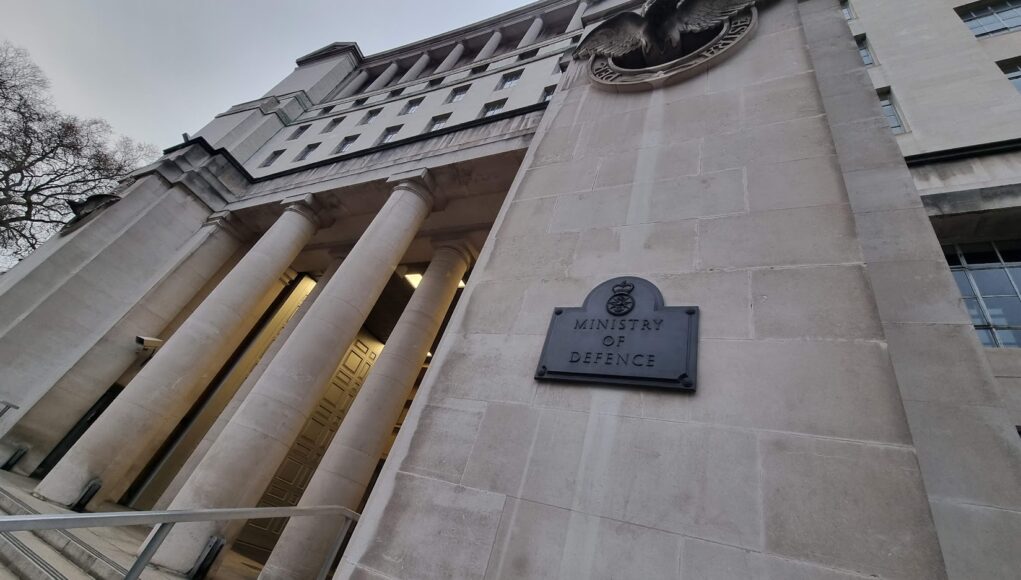
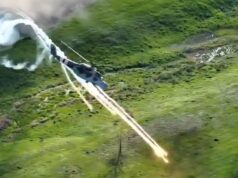

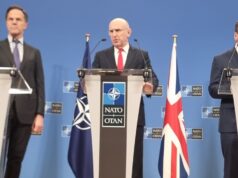
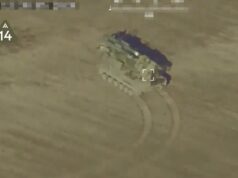

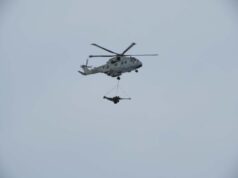




Moving at glacial pace apparently. Well be wary of glacier metaphors, they are mostly retreating these days!!!!!!
‘The concept of ‘climate crisis’ has a long history and has been increasingly employed by media and politics in recent decades, shaping collective perceptions of climate variability and change. However, in the absence of a critical definition, it risks fostering unrealistic interpretations – either alarmist or overly optimistic. To promote a rational understanding of ‘climate crisis’ we propose a framework of Response Indicators (RINDs) based on the IPCC AR6 Climate Impact Drivers (CIDs).
The Mann-Kendall trend test applied to RIND time series reveals that most indicators do not exhibit statistically significant worsening trends. This challenges crisis narratives in specific contexts and highlights the need for localised, data-driven adaptation strategies rather than generalised alarm….
Such an approach would help prevent subjective uses of ‘climate crisis’’
Gianluca Alimonti, INFN&Università degli Studi, Milano, Ocr 2025
No statistically worsening trends, then, in natural disasters, no threat from.a changing climate.
But there is an immediate threat to Britain and NATO’s security from Putin’s Russia..
Why, then, do we continue to squander money on the profoundly stupid ‘net zero’ yet fail to re-arm to face Putin?
The contracting environment is straightforward. Take a German, American or other product and paint a union flag on it. Claim it will be ‘British from its bootstraps’ & ‘create over 10,000 UK jobs, or create 4,100 highly skilled engineering jobs. Offer a few directorships and senior management positions to senior service chiefs involved or perhaps CDS.
Gain a multibillion production contract prior to even CDR or proof of concept.
Fail to meet the project specifications. Ensure product is designed & manufactured abroad. Renege on job creation promises, fail to meet project timescales. Produce a product that causes life changing injuries to service personal using it’ll. Refuse point blank to resolve multiple design, safety & performance problems and Receive awards from DE&S for your outstanding work. Leave UK with no sovereign capability and ensure all moneys are funneled offshore to parent companies – Happy days!